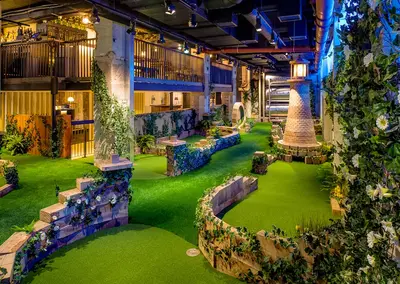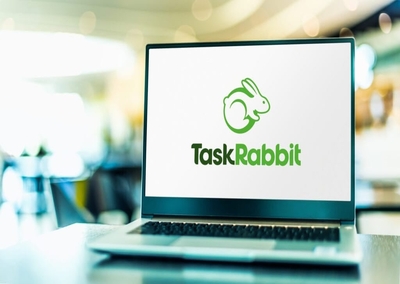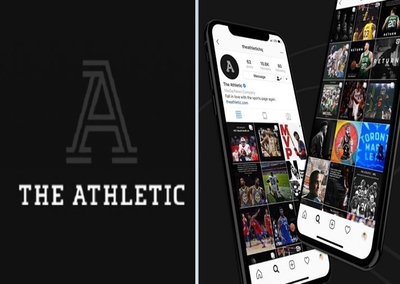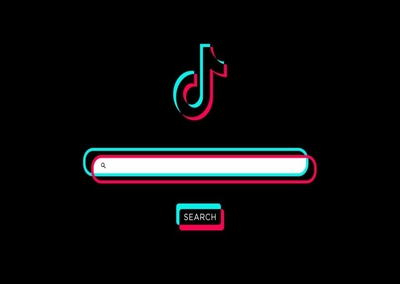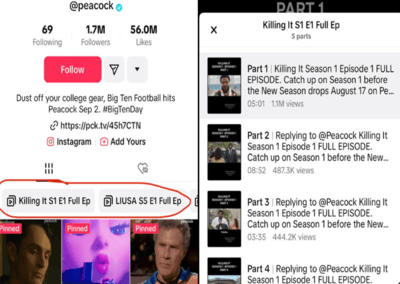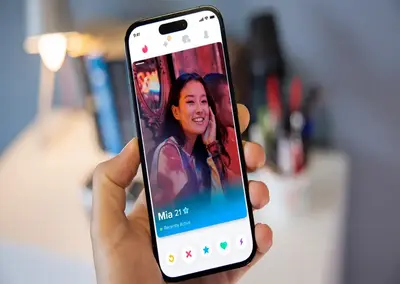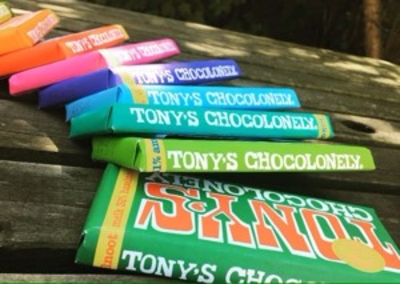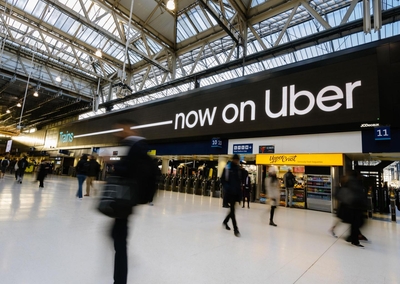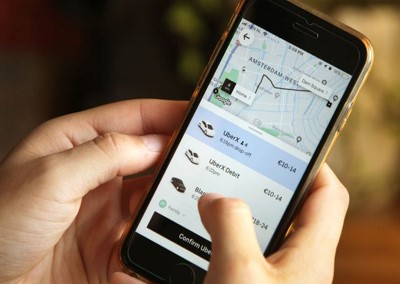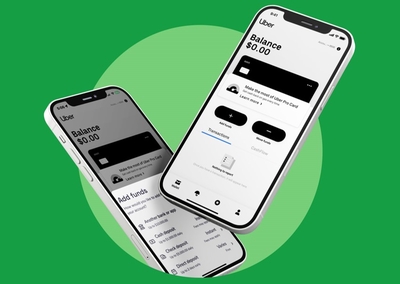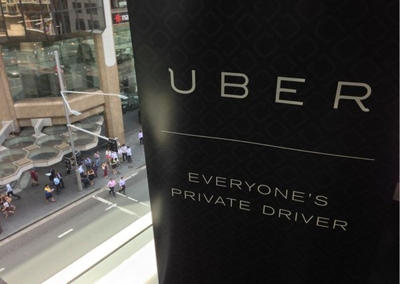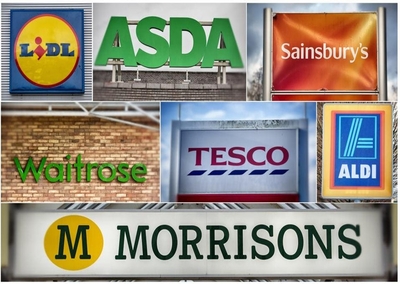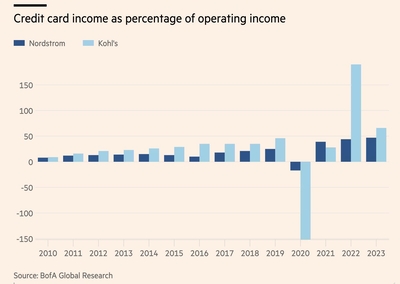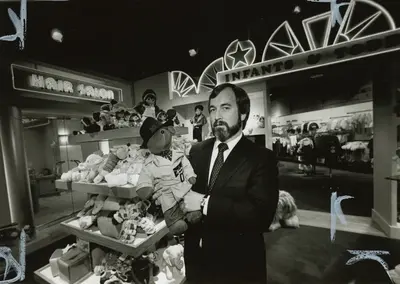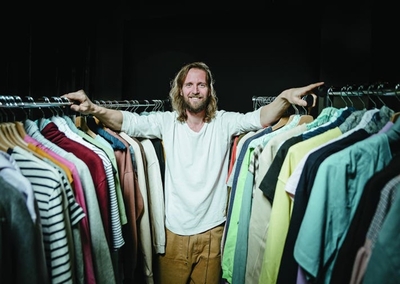Swingers, the mini golf bar concept, wouldn’t exist with a healthy dose of ignorance. According to co-founder Jeremy Simmonds, “we were so naive and knew so little about the hospitality industry. We did not have a business plan, there was no spreadsheet or model. Nothing. I can’t tell you how many people who are so-called experts in this space warned us against doing all the things we did, that it couldn’t work.”
Business & Brands
One evening, Leah Busque realised she had run out of dog food and was worried all the shops would be closed. “We were certain that there was someone in our own neighbourhood that would be willing to help us out, and it was just a matter of connecting with them.” A few months later, she created TaskRabbit.
It set out to destroy newspapers. “We will wait every local paper out and let them continuously bleed until we are the last ones standing,” said founder Alex Mather in 2017. Then, in 2022, it became one. The New York Times acquired it, promising unparalleled reach and greater user retention.
TikTok is more than a video platform – it’s a place for discovery. An Adobe report suggests that 40% of Gen Z consumers use it as a search engine: looking for new recipes, fashion advice, workout routines and much more. In other words, TikTok is fast becoming a vital battleground for brand promotion.
TikTok has started to upload full episodes of TV shows. The pilot of Killing it, a new comedy show, racked up 4.5M views in 3 days.
A recent Stanford study shows that half of Tinder users aren’t interested in meeting offline, and nearly two-thirds are already married or in a relationship. It turns out that social connectedness and entertainment are key motivations to start swiping.
Ben Greensmith, the UK manager of Tony’s Chocoloney, credits the brand’s growth to clever placement: in 2020 Ocado wanted to send a free gift to loyal customers during the pandemic and bought 400,000 bars of Tony’s Chocolonely to give out with orders. Before that “no one had heard of the company, and now 58 per cent of the UK population recognises our milk chocolate bars. That’s pretty incredible.”
Uber could have easily resorted to defining themselves as a taxi service. But they never wanted to limit themselves to moving people around in cars: Uber exists to “reimagine the way the world moves for the better.” This has given Uber a credible platform to provide services as varied as food delivery (Uber Eats), healthcare (Uber Health) and, more recently, travel services.
The taxi service – a poster child for technological disruption – has gone old school: it now accepts cash payments in the UK (outside London). It turns out that a significant proportion of people still find it difficult to use an app.
30% of Uber drivers in the US have never had a bank account, but they need a minimum of a debit card to get paid on the app. So Uber has allowed drivers to sign up for a bank account as part of the application process, and in doing so has become the largest acquirer of small business bank accounts in the US.
Uber was was originally a luxury brand before it went mass market; targeted at wealthy professionals and positioned as ‘Everyone’s Private Driver’. It only allowed users to hail a black luxury car and the price was around 1.5 times that of a regular taxi.
What’s worth £99.2bn a year according to one trusted source and £147bn to another? The UK grocery market. Some sources rely on EPoS (electronic point of sale) data – every transaction a retailer has made – but Aldi and Lidl famously don’t share this data, leaving out a huge chunk of the market. Others rely on consumers scanning barcodes of items they’ve bought, but this only covers products that are brought home after purchase and excludes products consumed outside the home after purchase.
In recent years, credit income has made up half of all income for the likes of Nordstrom and Kohl’s.
Roy Raymond founded Victoria’s Secret so that he wouldn’t feel uncomfortable buying lingerie for his wife.
The online marketplace was started by Milda Mitkute, a 22 year old student, who had a wardrobe stuffed full of clothes but couldn’t fit them all in her small flat. What if she could sell them online?

